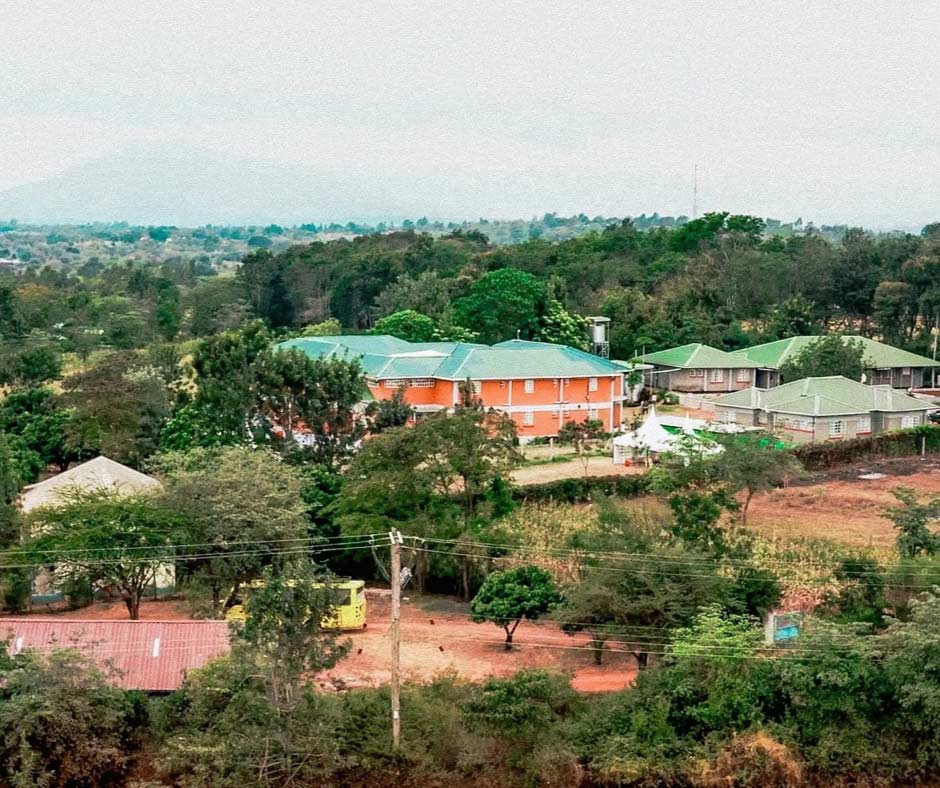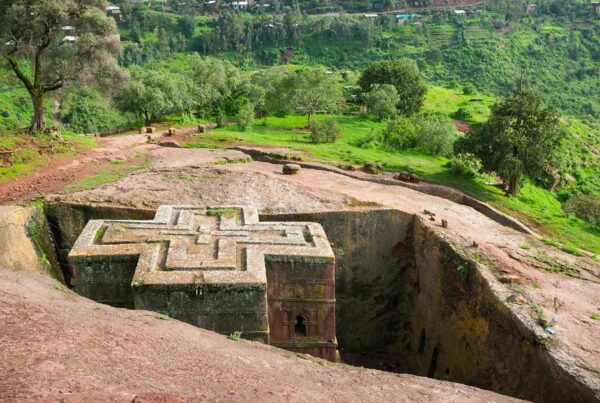The breeze coming off Lake Naivasha rustles through the acacia trees, as a group of pastors sits in quiet reflection under the veranda of the Tumaini Retreat Centre. No phones. No emails. No noise — just Scripture, stillness, and soul care.
Across East Africa, a growing number of Christian-owned retreat centres are offering spaces of spiritual sanctuary for pastors, missionaries, prayer groups, and believers seeking renewal. And in a culture increasingly shaped by burnout, digital noise and pastoral fatigue, these sacred hideaways have never felt more vital.

“There’s a false heroism in never resting,” says Rev. Judith Kareithi, a retired pastor and co-founder of Tumaini, one of Kenya’s most respected spiritual retreats. “But even Jesus withdrew. Retreat is not escape — it’s obedience.”
Tumaini (meaning “hope” in Swahili) opened in 2002 on six acres in the Rift Valley, designed with intentional simplicity: stone cottages, a prayer labyrinth, silent chapels, and meals shared communally. More than 5,000 guests — including pastors from Uganda, Burundi, and Congo — pass through each year.
During the pandemic, bookings slowed. But by 2023, demand surged. “We’re seeing young pastors, church planters, and worship leaders coming in droves,” Rev. Kareithi notes. “They’re hungry for rhythm, not just results.”
In neighbouring Uganda, the Prayer Mountain for All Nations, managed by Dr. John Mulinde’s World Trumpet Mission, has become a hub for regional revival and solitude. Nestled in Seguku Hill outside Kampala, the site attracts believers for fasting, intercession, and rest.
“You come here to cry, to release, and to hear God,” says Angela Nabwire, a ministry worker who spent a 10-day silent retreat on the hill. “It changed my life. I arrived burned out. I left with fire.”
The mountain now hosts over 30,000 pilgrims annually, with facilities for multi-day stays, personal cabins, group prayer tents, and full-time staff to serve both local and international guests. Several East African church networks now schedule their annual retreats there.
The concept of sacred rest is deeply woven into biblical faith — from the Garden of Eden, to Elijah’s cave, to Christ’s own rhythm of retreat. What many of these East African centres are recovering is not just hospitality, but a theology of place.
Dr. Isaiah Mutiso, who lectures on Christian spirituality at Daystar University in Nairobi, sees retreat centres as “geographies of grace.”
“In Scripture, God often reveals himself in stillness and wilderness, not on the stage. These sanctuaries are not luxury resorts; they’re consecrated spaces where people meet the holy.”
His recent study on East African retreats found that guests who spent three or more nights in silent spiritual retreats reported significant reductions in anxiety and renewed vocational clarity, particularly among ministry workers.
Unlike luxury spiritual resorts popular in the West, most Christian retreats in East Africa are affordable, donor-supported, and church-managed. Many offer discounts or full sponsorships to under-resourced pastors and missionaries.
In Arusha, Tanzania, Tengeru Christian Retreat welcomes families for weekend getaways focused on Sabbath renewal, while Shalom House in Nairobi, run by a Catholic mission, provides theological workshops, guided reflection days, and community meals for interfaith groups.
“We don’t want only the privileged to experience spiritual rest,” says Sister Beatrice Kamau, who manages Shalom House. “We are stewards, not hoteliers.”
Interestingly, one of the most radical commitments these centres have made is the refusal to modernise too much. Most discourage Wi-Fi, promote phone-free zones, and design their accommodations around disconnection by design.
“You’ll find birdsong, not Bluetooth,” laughs Peter Wekesa, a youth pastor from Eldoret who attended a 2024 silent weekend at Tumaini. “I hadn’t gone three hours without my phone in years. At first it was terrifying. By Sunday, I didn’t want to turn it back on.”
Retreat leaders say this digital fasting is part of the transformation. Many now offer “Tech Sabbath” weekends, where digital devices are exchanged for Bibles, journals, and long walks.
Several of these centres are beginning to partner across borders. In 2025, a new alliance called the East Africa Christian Hospitality Network was launched, linking more than 40 retreat centres in Kenya, Uganda, Rwanda, and Tanzania for shared training, prayer, and guest referrals.
Plans are underway to map all Christian retreat sites in East Africa, publish a pilgrimage guidebook, and develop inter-denominational “hospitality sabbaticals” for clergy.
By Glorify Times Hospitality Desk







